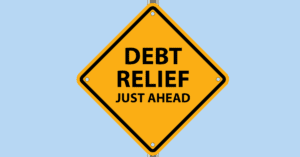How Does Bankruptcy Affect My Credit?
As soon as you file an assignment in bankruptcy, both credit bureaus (Equifax Canada and Trans Union of Canada) switch your file to an R9 regardless of what your credit rating was before. The reason they do this is to notify any reader of your credit report as there is other information that is important.
The R9 rating is also used if you are being sued or if you have moved without leaving or forwarding address (“a skip”). If you have filed a bankruptcy, there is a paragraph at the end of the credit report called Public Information. This will list the name of your trustee, date of bankruptcy, and the total figure of your assets and liabilities. All of this information does not mean that you will be denied credit but it certainly means that you must be pro-active in rebuilding your credit.
The creditors that you are going to for new credit will be more diligent in reviewing your credit application and will likely increase the interest rate due to the risk factor. Remember that if you are applying for credit higher than $500.00 during your bankruptcy, you have an obligation to disclose to the creditor that you are in bankruptcy. This disclosure obligation stops the day you are discharged from your bankruptcy.
Contact Rumanek & Company Ltd. for more information on bankruptcy and debt solutions. Or please fill out the free bankruptcy evaluation form.
To learn more please visit our YouTube Channel.
Rumanek & Company have been helping individuals and families overcome debt for more than 25 years.




